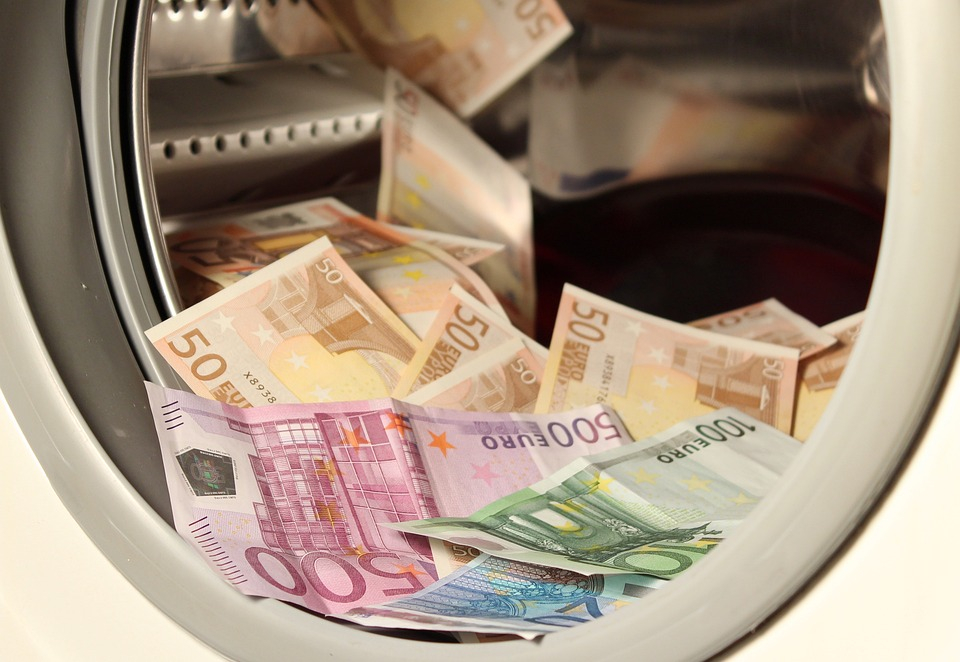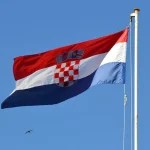As Poslovni Dnevnik/Suzana Varosanec writes, in cooperation with ICCrA – the Institute for Compliance, Criminal Compliance and Anti-Money Laundering, the WRAP (Whistleblower Reporting App) application was launched to achieve greater efficiency in the organisation of business, which serves both to detect and correct anomalies from the corruption zone, but also to improvement of work processes, regardless of the size of entities, type of ownership and industries.
How important WRAP now is for the overall Croatian economy and the domino effect in which whistleblowers massively report abuse and corruption was explained by ICCrA president Davor Iljkic, who is also the director of the Fraud Prevention Service at the Fund for the Reconstruction of the City of Zagreb, with previous experience of sixteen years with the Ministry of Interior (MUP) working on the detection of economic crime.
“Corruption is a vicious circle, and the situation is much worse than you think,” claims Iljkic. This is confirmed by the results of the research of the International Association of Certified Fraud Investigators (ACFE) on the forms and types of fraud from 2014 and 2021, which show that the dominant forms are corruption and embezzlement of funds and fraud with financial statements, with the fact that 8 years ago 40% of detected cases were on the basis of a tip (TIP irregularity report), and in 2021, it stood at 42 percent.
“We need to strengthen the prevention and detection system, and WRAP can help with that,” Iljkic believes.
The Croatian legislator also recognised that the system for the protection of whistleblowers needs to be strengthened. The new law on whistleblowers introduces the possibility that a professional, i.e. a third person from outside the organisation, can be appointed as a confidential person when establishing a channel for whistleblowers. Iljkic recommends this very solution in order to avoid a potential conflict of interest within an organisation itself in relation to the management body.
As far as WRAP is concerned, the application platform was born as an idea that integrates the aforementioned law, the EU Directive 2019/1937 of the European Parliament and the Council on the protection of individuals reporting violations of EU law, and new obligations in the field of non-financial reporting (ESG) – environmental, social and personnel issues, as well as issues related to respect for human rights and the fight against corruption and bribery.
At that meeting, the Croatian startup qSoft, with headquarters in Zagreb and partner offices in Canada and Switzerland, decided to use these laws to help organisations become more efficient. Instead of just formally fulfilling obligations, a platform was created that contributes in various ways, including a modern version of business intelligence, to organisations with the aim of creating databases from which software analytics generate valuable information, on the basis of which business management can react in time.
“Organisations rely on a real wealth of data that they don’t actually process themselves, and as it’s dead capital for them, we see this as our greatest advantage. In its application, the platform hasn’t been limited by industry, nor by the size of the entity in question,” says Drazen Mrkonjic, the director of the Croatian startup qSoft. They started, he explains, from a process to which technology is adapted, and each entity can then use the solution within its own processes.
“It’s important to obtain an effect in terms of meeting legal obligations, for which the information reported is needed. It’s motivating for the employee that they can report irregularities without needing to suffer any consequences as a result, with guaranteed anonymity,” states Mrkonjic.
Similar software services are being developed in Denmark, Sweden and Norway, meaning that this country and the Croatian startup qSoft is once again among the first EU member states in terms of the application being offered. The coronavirus crisis, the war in Ukraine and now inflationary pressures also pushed things along a bit, but so did Croatia’s entry into the OECD.
“To provide an additional benefit for any company, we’ve also built risk management into the application, which allows each application to be evaluated from the aspect of how it affects the business itself,” says Mrkonjic, who has specialised in this field through 24 long years of work experience in process management.
For Croatia’s impending membership of the OECD and the recommendations of the organisation for the improvement of corporate governance bodies in the state sector, WRAP is, he says, just what the proverbial doctor ordered because the state is the first to be invited to tackle this. The state must show – by example – how such laws are applied in the state sector, not only technologically, but also procedurally.
Even the results published by the US Government across the pond easily prove that it is possible to achieve great results with the use of such advanced solutions. Just a decade ago, through the motivation of people to report irregularities to state authorities, they saved about 35 billion dollars by preventing corruption in the USA. What are known as neural networks are what gives the Croatian startup qSoft and its platform the edge.
“A neural network is a combination of a large number of methods used for connecting data and inferring what kind of data that is in order to obtain information and be able to manage it properly. The management of each organisation can then get better acquainted with which segments of the organisation has anomalies occur that must be reacted to and corrected. With the help of a neural network, numerous scams would be detected and prevented,” explains Mrkonjic.
The system, he adds, is intended for administrations that run operational businesses. It was created as a combination of analytics and reports, a type of modern BI that, as a platform, receives data from various sources, while this is a platform that integrates within the system and creates data because employees feel safe and their reports create data that is categorised into information. The Kaizen methodology designed in Japan to manage efficiency within organisations in order to achieve continuous success was used, and it involves all employees so that every day, regardless of where they might be, they think about how they can improve their work and workplace. Through this platform, employees are motivated to report everything to the central system in an easy way.
“Through these reports, you get information about how your organisation functions. With this technology, we want to motivate people to say something and to create a pool of data, which will ultimately give a picture of how the organisation functions,” says Mrkonjic.
For those organisations that want to connect with other data sources, the Croatian startup qSoft’s platform also provides such opportunities. For example, at the moment of detection of an irregularity for a certain account, data can be pulled from Fina for that particular company and the owner, and the situation can be looked into. The platform also connects to other sources, and the more sources there are, the clearer and faster the picture of where problems arise can be obtained, and this includes the Register of Real Owners and the Tax Administration. It is an ideal tool for domestic anti-corruption organisations like DORH, which has access to all data, but it can be more effective through data processing in the detection of white-collar crime.
For more, make sure to check out our dedicated business section.










